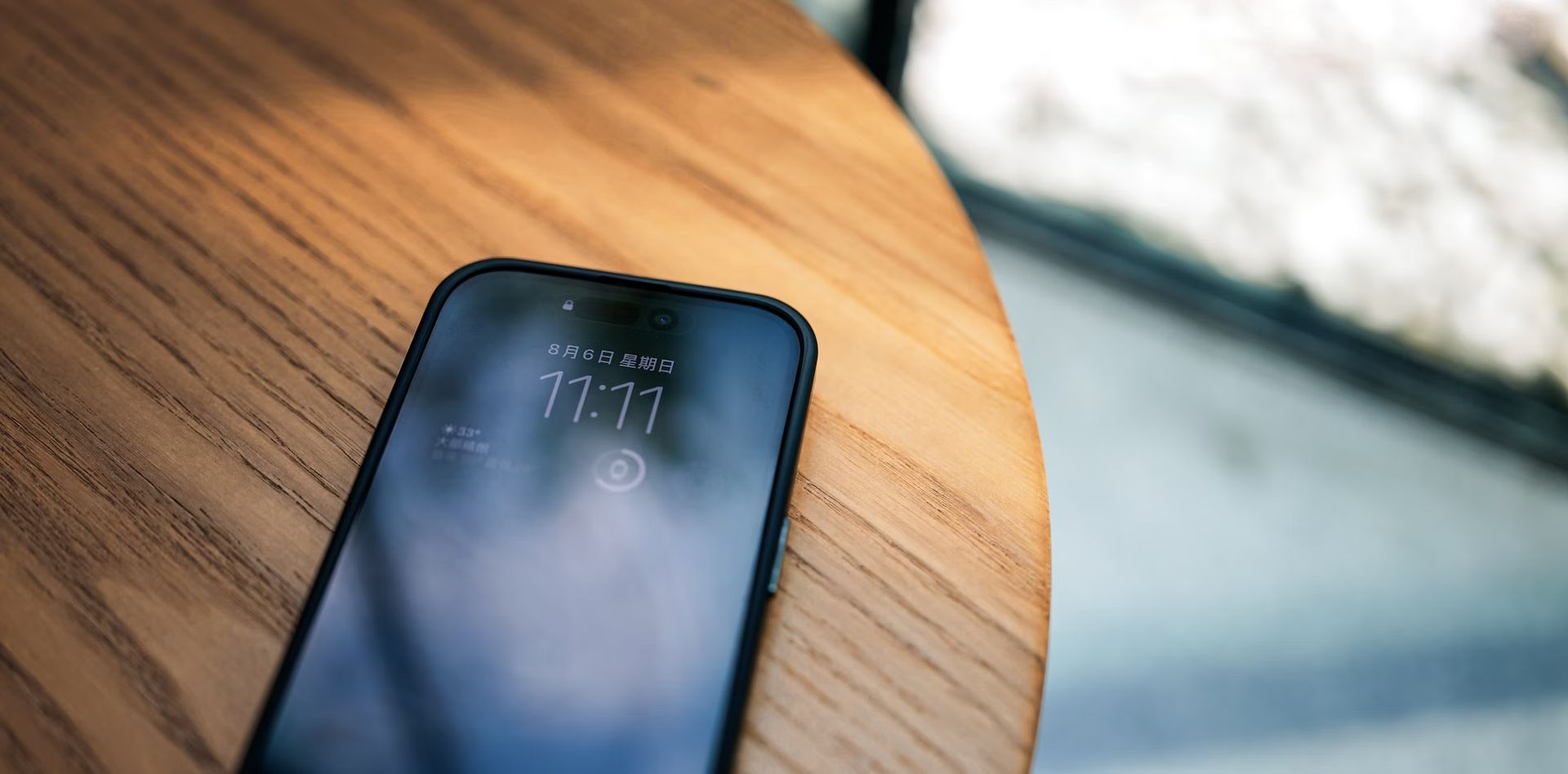Chinese iPhone users could wait longer for Apple Intelligence

Apple is grappling with regulatory hurdles as it seeks to launch Apple Intelligence in China. A Financial Times report highlights that the approval process for foreign AI technologies in the country is complex and lengthy unless companies partner with local entities. Apple aims to incorporate its AI features in devices sold in mainland China while adhering to local regulations.
Apple faces regulatory hurdles for AI launch in ChinaTim Cook, Apple’s CEO, recently made his third visit to China this year to attend a CEO summit with Chinese Premier Li Qiang. During his visit, he acknowledged the regulatory challenges Apple faces and expressed the company’s commitment to navigating the intricate approval landscape. Apple has initiated discussions with Chinese tech giants such as Baidu, ByteDance, and the AI startup Moonshot to explore partnerships that could facilitate the deployment of Apple Intelligence features in the Chinese market.
Chinese officials have indicated that leveraging pre-approved large language models (LLMs) from local firms would simplify the approval process for foreign companies. Apple has progressively rolled out Apple Intelligence features in the U.S. and other regions since October, utilizing a combination of on-device processing, its Private Cloud Compute servers, and OpenAI’s ChatGPT for more advanced queries. However, the company may need to rely on Chinese partners’ LLMs if it cannot secure approval for its own systems in China.
According to JP Morgan analyst Samik Chatterjee, the uncertainty surrounding the regulatory framework could delay Apple Intelligence’s introduction in China until at least the second half of 2025, unless the company successfully forges multiple partnerships with local firms to expedite the approval process.
The stakes are high for Apple in the Chinese market, which accounted for 17% of its total revenue last year. However, the company faced an 8% decline in sales in the region amid growing competition from Huawei, which has already integrated its AI capabilities into newer smartphone models.
Apple’s attempt to launch AI models in China faces scrutiny from regulators who are wary of foreign technologies. A senior official from the Cyberspace Administration of China warned that foreign device makers must align with local entities to streamline approval processes or encounter significant delays. The recent World Internet Conference highlighted that all companies wanting to offer generative AI services in China must undergo rigorous official testing of their models.
If Apple cannot deploy its AI solutions, it risks delivering a product that is heavily censored to align with the narratives permitted by the Chinese Communist Party.
Featured image credit: Declan Sun/Unsplash
